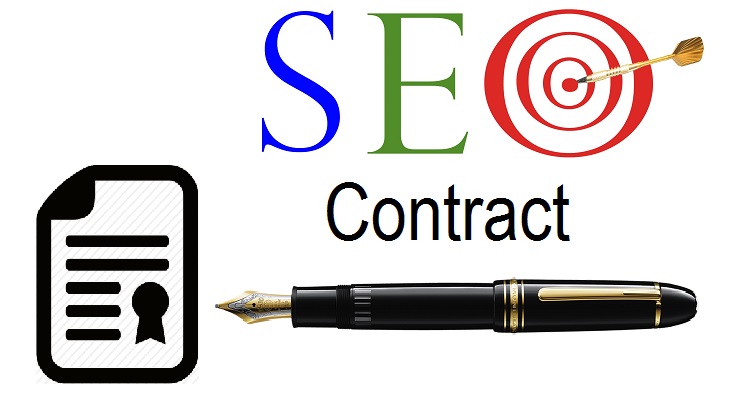It’s no secret that WordPress sites are a popular target for hackers. In fact, a recent study showed that over 30% of all website attacks are against WordPress sites.
There are a number of reasons why WordPress sites are so attractive to hackers. For one, WordPress is the most popular content management system (CMS) in the world, powering millions of websites. This means that there are a lot of potential targets for hackers to choose from.
Another reason why WordPress sites are so vulnerable is because of the way the platform is designed. WordPress sites are built using a combination of PHP and MySQL, which makes them relatively easy to hack into if you know what you’re doing.
Finally, many WordPress sites are poorly configured and don’t have the latest security updates installed, which makes them even easier targets for hackers.
So, how can you protect your WordPress site from being hacked?
In this article, we’ll share 10 tips on how to secure your WordPress site against hackers.
1. Use a strong password
This may seem like an obvious one, but it’s important to use a strong password for your WordPress site. A strong password should be at least 8 characters long and include a mix of uppercase letters, lowercase letters, numbers, and symbols.
If you’re not sure what a strong password is, you can use a password generator tool like Last Pass or Strong Password Generator to help you create one.
2. Keep your WordPress version up to date
One of the easiest ways to secure your WordPress site is to make sure that you’re running the latest version of WordPress.
WordPress releases new versions on a regular basis, and each new release includes security fixes for vulnerabilities that have been discovered. By keeping your WordPress version up to date, you’ll ensure that your site is as secure as possible.
3. Use a security plugin
Another great way to secure your WordPress site is to use a security plugin like Word fence or Sucuri Security. These plugins add an extra layer of security to your site by monitoring for malicious activity and blocking suspicious traffic.
4. Keep your themes and plugins up to date
In addition to keeping WordPress itself up to date, it’s also important to keep your themes and plugins up to date. Like WordPress, themes and plugins are regularly update to fix security vulnerabilities.
5. Don’t use nulled themes or plugins
A nulled theme or plugin is a pirated copy of a paid theme or plugin that has been modified to remove the licensing restrictions. Nulled themes and plugins are often distributed on shady sites and can contain malicious code that can compromise your security.
6. Use a secure hosting provider
Your hosting provider plays a big role in the security of your WordPress site. That’s why it’s important to choose a secure hosting provider that takes security seriously.
Some things to look for in a secure hosting provider include firewalls, malware scanning, and intrusion detection.
7. Use two-factor authentication
Two-factor authentication (2FA) is an extra layer of security that requires you to enter a second code in addition to your password when logging into your WordPress site.
There are a number of 2FA plugins available for WordPress, or you can use a service like Authy or Google Authenticator.
8. Limit login attempts
By default, WordPress allows unlimited login attempts, which means that hackers can keep trying to guess your password indefinitely. To prevent this, you can install a plugin like Login Lockdown orLimit Login Attempts Reloaded which limit the number of login attempts that can be made.
9. Disable file editing
WordPress has a built-in feature that allows you to edit your theme and plugin files directly from the admin dashboard. However, this feature can be exploit by hackers to inject malicious code into your site.
To disable file editing, you can add the following line of code to your wp-config.php file:
define( ‘DISALLOW_FILE_EDIT’, true );
10. Keep backups of your site
Despite all of these security measures, there’s always a chance that your WordPress site could also be hack. That’s why it’s important to keep backups of your site so that you can restore it if something goes wrong.
Conclusion:
By following these tips, you can help to secure your WordPress site and keep it safe from hackers.

